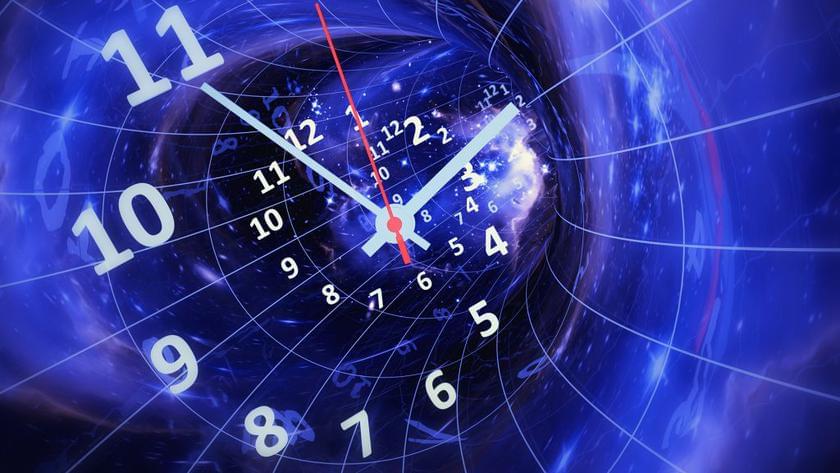Researchers from the University of Tokyo pool knowledge of robotics and tissue culturing to create a controllable robotic finger covered with living skin tissue. The robotic digit has living cells and supporting organic material grown on top of it for ideal shaping and strength. As the skin is soft and can even heal itself, the finger could be useful in applications that require a gentle touch but also robustness. The team aims to add other kinds of cells into future iterations, giving devices the ability to sense as we do.
Albert Einstein proved decades ago that time and space are inseparable. However, because of the expansion of the Universe, events that occurred after the Big Bang now appear to have slowed down. As it turned out, time flowed many times slower at the dawn of the Universe than it does today.
Here’s What We Know
Scientists at the University of Sydney have come to this conclusion. Their study took two decades. During this time period, they observed 190 active supermassive black holes at the centres of galaxies. They are emitted by intense radiation and are called quasars.










Comments are closed.